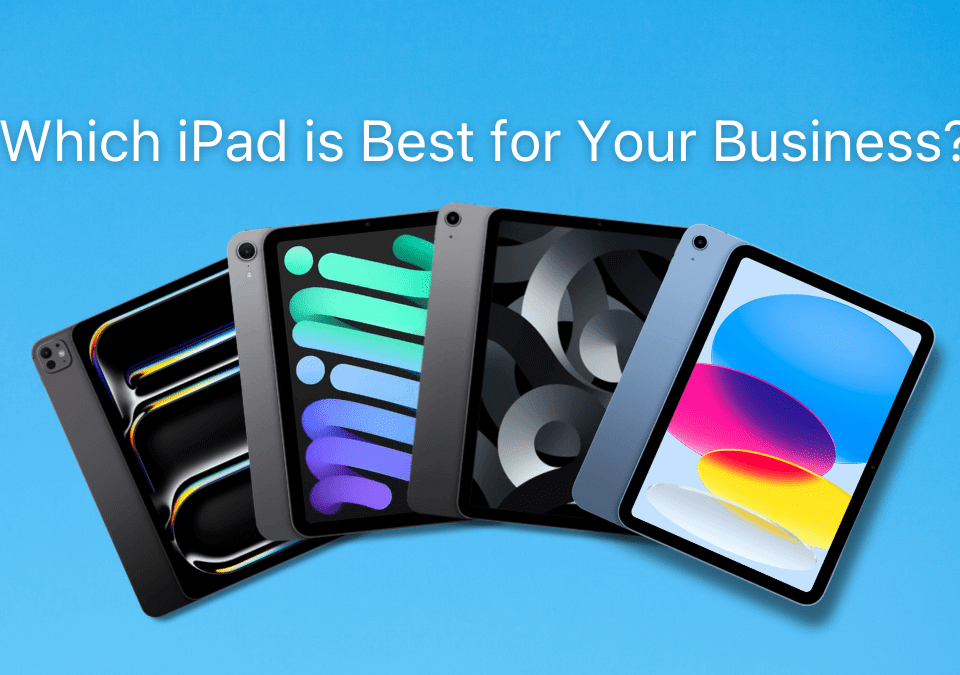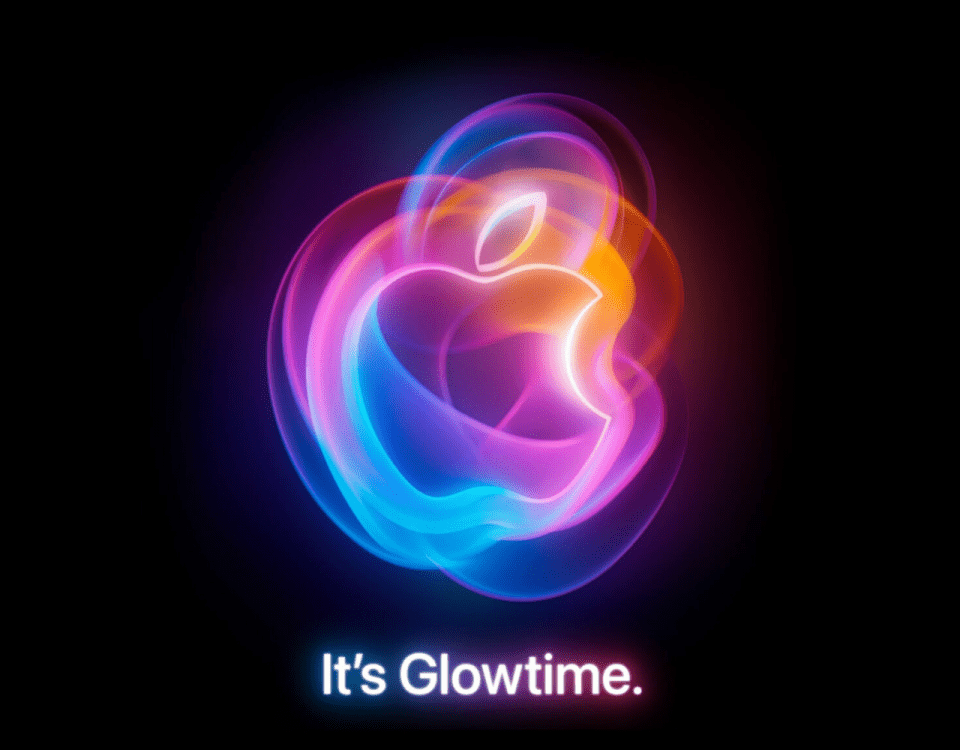AMD Ryzen vs Intel: Which CPU is Best for You?

How Much RAM Do I Need for a Business Laptop?
13 February 2024
The Best Gaming Laptops You Can Lease from GEEX
15 February 2024If you are looking for a new computer or laptop, one of the most important decisions you have to make is choosing the right CPU. The CPU, or central processing unit, is the brain of your computer. It determines how fast and smoothly your computer can run various tasks, such as gaming, video editing, web browsing, and more. The two main CPU brands in the market are AMD and Intel. Both of them offer a range of processors with different features, performance, and prices. But which one is better for your needs and budget? In this blog, we will compare AMD Ryzen and Intel Core CPUs, and help you decide which one is best for you.
What are AMD Ryzen and Intel Core CPUs?
AMD Ryzen and Intel Core are the names of the CPU families that AMD and Intel produce. Each family consists of several models with different specifications and capabilities. For example, AMD Ryzen has Ryzen 3, Ryzen 5, Ryzen 7, and Ryzen 9 series; while Intel Core has Core i3, i5, i7, and i9 series.
Generally speaking, the higher the number, the more powerful and expensive the CPU is. However, there are other factors that affect the performance of a CPU, such as the number of cores, threads, clock speed, cache size, and architecture. Let’s briefly explain what these terms mean.
Specifics
- Cores: A core is a part of the CPU that can process data independently. The more cores a CPU has, the more tasks it can handle simultaneously.
- Threads: A thread is a sequence of instructions that a core can execute. Some CPUs have a feature called hyper-threading, which allows each core to run two threads at the same time. This can improve the performance of multi-threaded applications, such as video editing and rendering.
- Clock speed: The clock speed is the frequency at which the CPU operates. It is measured in gigahertz (GHz). The higher the clock speed, the faster the CPU can process data. However, clock speed is not the only factor that determines the performance of a CPU, as different architectures and technologies can affect how efficiently the CPU uses its clock cycles.
- Cache size: The cache is a small and fast memory that stores frequently used data and instructions. The cache can reduce the latency and bandwidth required to access the main memory; which can improve the performance of the CPU. The cache is divided into levels, such as L1, L2, and L3, with L1 being the smallest and fastest, and L3 being the largest and slowest. The larger the cache size, the more data the CPU can store and access quickly.
- Architecture: The architecture is the design and structure of the CPU. It determines how the CPU processes data, communicates with other components, and supports various features and technologies. Different architectures can have different advantages and disadvantages in terms of performance, power consumption, compatibility, and security.
What are the pros and cons of AMD Ryzen and Intel Core CPUs?
AMD Ryzen and Intel Core CPUs have their own strengths and weaknesses; depending on the type of tasks you want to perform with your computer. Here are some of the pros and cons of each CPU family.
AMD Ryzen Pros
- Ryzen CPUs tend to have more cores and threads than Intel Core CPUs, which can give them an edge in multi-tasking and multi-threaded applications, such as video editing, streaming, and 3D rendering.
- AMD Ryzen CPUs also tend to have larger cache sizes than Intel Core CPUs, which can improve the performance of memory-intensive applications, such as gaming and web browsing.
- AMD Ryzen CPUs support a feature called Precision Boost Overdrive, which allows the CPU to automatically overclock itself beyond its rated specifications, depending on the workload, temperature, and power limits. This can boost the performance of the CPU when needed, without requiring manual tuning or extra cooling.
- AMD Ryzen CPUs are compatible with a wide range of motherboards, using the AM4 socket. This means that you can easily upgrade your CPU without changing your motherboard, as long as the BIOS is updated. Ryzen CPUs also support PCIe 4.0, which is the latest standard for connecting high-speed devices, such as SSDs and graphics cards.
AMD Ryzen Cons
- Ryzen CPUs tend to have lower clock speeds than Intel Core CPUs, which can affect the performance of single-threaded applications, such as some games and software. However, this gap has narrowed with the latest generation of Ryzen CPUs, which can reach up to 5.7 GHz with boost.
- AMD Ryzen CPUs tend to consume more power and generate more heat than Intel Core CPUs, especially when overclocked. This means that you may need a more powerful and efficient power supply and cooling system to run your Ryzen CPU at its full potential.
- AMD Ryzen CPUs may not be fully compatible with some older or proprietary software and hardware, which may cause compatibility issues or performance degradation. For example, some games and applications may not recognise or utilise all the cores and threads of the Ryzen CPU, or may favour the Intel architecture.
Intel Core Pros
- These CPUs tend to have higher clock speeds than AMD Ryzen CPUs, which can give them an advantage in single-threaded applications, such as some games and software. Intel Core CPUs can also boost their clock speeds dynamically with a feature called Turbo Boost, which can increase the performance of the CPU when needed, without exceeding the power and thermal limits.
- Intel Core CPUs tend to consume less power and generate less heat than AMD Ryzen CPUs, especially when idle or under light load. This means that you can save on your energy bills and reduce the noise and temperature of your computer.
- Intel Core CPUs are widely supported by most software and hardware vendors, which can ensure compatibility and optimisation. For example, some games and applications may run better or faster on Intel Core CPUs, or may offer exclusive features or technologies, such as Intel Quick Sync Video, which can accelerate video encoding and decoding.
Intel Core Cons
- These CPUs tend to have fewer cores and threads than AMD Ryzen CPUs, which can limit their performance in multi-tasking and multi-threaded applications, such as video editing, streaming, and 3D rendering.
- Intel Core CPUs also tend to have smaller cache sizes than AMD Ryzen CPUs, which can affect the performance of memory-intensive applications, such as gaming and web browsing.
- The CPUs require a specific motherboard chipset and socket to work, which can limit your upgrade options and compatibility. For example, the 11th generation Intel Core CPUs use the LGA 1200 socket, which is not compatible with the previous LGA 1151 socket. Intel Core CPUs also do not support PCIe 4.0, which is the latest standard for connecting high-speed devices, such as SSDs and graphics cards.
How can you lease AMD Ryzen and Intel Core CPUs from GEEX?
If you want to get a new computer or laptop with an AMD Ryzen or Intel Core CPU, but you don’t want to pay a large upfront cost or worry about maintenance and repairs, then you should consider leasing from GEEX. GEEX is a leading provider of computer and laptop leasing and support services, based in the West Midlands. GEEX offers a range of benefits for leasing your equipment, such as:
- Next day delivery available
- 3 year warranty and support included
- Flexible lease plans to suit your needs and budget
- Option to own or return the equipment at the end of the lease term
- 100% tax efficiency
- Latest technology and experienced support team
Leasing from GEEX is easy and convenient. Choose from a wide range of equipment, including Apple equipment, laptops, desktops, Microsoft Surface family, and more; all available at competitive weekly rates. Customise your equipment with the processor, RAM, storage, graphics card, and monitor that you want. You can apply online or via phone for your equipment to lease; and you will get a response within 1 working day. Then, you can sit back and relax, and wait for your new equipment to arrive.
Why and how to lease from GEEX?
Leasing from GEEX is a smart and cost-effective way to get the best equipment for your computing needs. Whether you need a computer or laptop for gaming, video editing, web browsing, or any other task, you can find the right equipment with the right CPU from GEEX. Leasing from GEEX can offer you several advantages, such as:
- Saving money: Leasing from GEEX can help you save money in the long run; as you don’t have to pay a large upfront cost or worry about depreciation, maintenance, and repairs. You can also enjoy tax benefits, as leasing is 100% tax deductible as a business expense.
- Staying up to date: Leasing from GEEX can help you stay up to date with the latest technology; as you can upgrade or change your equipment after 24 months, without being stuck with obsolete or outdated equipment. You can also choose to own your equipment at the end of the lease term, for as little as £1.00.
- Getting support: Leasing from GEEX can help you get support; as you get a 3 year warranty and support with your equipment; including loan equipment and telephone and remote support. You also get access to an experienced support team; who can help you set up your equipment and troubleshoot any issues.
To lease from GEEX, you just need to follow these simple steps:
- Visit the GEEX website and browse the equipment catalogue.
- Choose the equipment that suits your needs and budget, and customise it as you like.
- Apply online or via phone for your equipment to lease
Learn more from GEEX blogs
If you want to learn more about AMD Ryzen and Intel Core CPUs, or other topics related to computer and laptop leasing and support, you can visit the GEEX blogs. GEEX blogs offer informative and engaging articles on various aspects of technology, such as:
- Which MacBook Should You Lease for Your Business in 2025?
- 10 AI Tools You Need in Your Office for Productivity
- Which iPad is Best for Your Business?
- The Benefits of Leasing Tech for SMBs in 2025
- Top Laptops for Graphic Designers and Creatives in 2025 – Why Leasing with GEEX Is the Smart Choice
You can also find customer reviews, testimonials, and case studies on how GEEX has helped businesses and individuals achieve their goals with their equipment leasing and support services. GEEX blogs are updated regularly, so make sure to check them out and subscribe to get the latest news and tips from GEEX.




